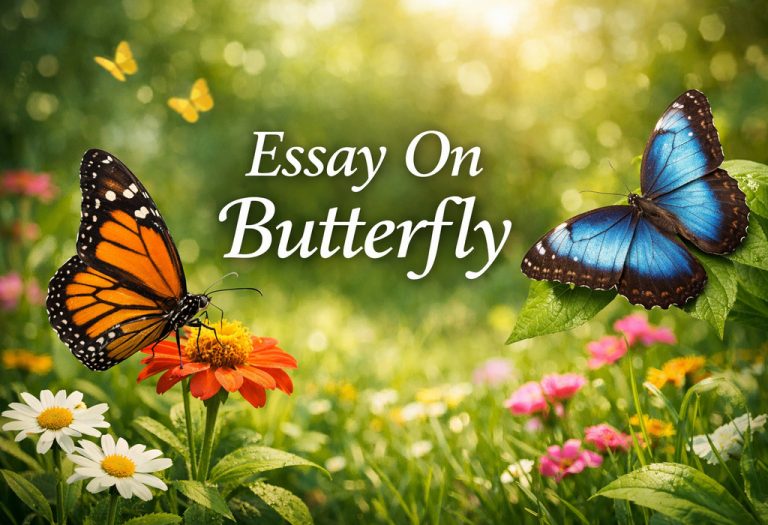Bronchiolitis in Infants – Causes, Symptoms and Treatment

Is your baby having a hard time breathing, and has he been losing appetite lately? Chances are, he has bronchitis, a very common illness in infants between three and six months old. Bronchiolitis in infants is a viral infection that causes inflammation in the small airways of the lungs, making it difficult for them to breathe properly. This condition is most frequently caused by respiratory syncytial virus (RSV) and is highly contagious. While most cases are mild and resolve on their own, some infants may require medical attention. Early intervention can prevent complications and ensure your little one gets back to full health quickly.
What Is Bronchiolitis?
When mucus fills the air passages in the lungs, it causes inflammation, and prevents proper breathing and air flow regulation. This causes the baby to cough, making it hard for him to breathe (1). Bronchiolitis is a contagious condition in babies.
Difference Between Bronchitis and Bronchiolitis
In bronchitis, the larger airways get infected due to excessive mucus production, which the lungs try to eliminate through coughing. However, in bronchiolitis, inflammation results in the congestion of the bronchioles (small airways), which causes breathing difficulties in children (2).
Can Bronchiolitis Be a Problem for Babies?
Acute bronchiolitis in infants and babies are caused by the Respiratory Syncytial Virus (RSV), and those with existing heart or lung conditions need to be hospitalised immediately when diagnosed with this illness. Most young children below age one face RSV infections. However, only 10% develop a bronchiolitis condition.
Causes of Bronchiolitis in Infants
The following are the primary causes of bronchiolitis in babies (3):
- Respiratory Syncytial Virus (RSV), which is contagious in nature
- Adenoviruses, which are responsible for 10% of acute respiratory tract infections in children
- Viruses which cause inflammation in the lungs, nose, and throat such as the influenza virus
- Exposure to cigarette smoke and tobacco
Bronchiolitis Symptoms in Babies
You can prevent and treat bronchiolitis early by taking note of the following bronchiolitis symptoms in newborns (4):
- Baby refusing to be breastfed
- Nasal flaring
- Mild fever accompanied by a persistent cough
- Skin areas above the collarbone and below the ribs sink with each breath
- Wheezing or irregular breathing
- Irritable mood and brief pauses between breaths
- Vomiting immediately after being fed
How Long Does Bronchiolitis Last in Babies?
Most bronchiolitis cases last up to 12 days. However, coughing and wheezing may continue for weeks, even after this period. During the second or third day, the child faces breathing difficulty at its peak, after which recovery ensues.
When Is a Baby Most Likely to Get Bronchiolitis?
Babies are most likely to get Bronchiolitis between the ages of three months to six months old. Chances of developing bronchiolitis increase when they are directly exposed to cigarette smoke, if they were born prematurely, or if they have not been properly breastfed. Children who have a weakened immune system or have chronic heart/lung diseases are also at risk of developing bronchiolitis.
Complications of Bronchiolitis in Babies
Cyanosis is a potential complication caused by severe bronchiolitis, and is denoted by a blue tinge on the skin due to lack of sufficient oxygenation in blood cells. Dehydration accompanies severe bronchiolitis, alongside fatigue. In extreme cases, there is respiratory failure, which is fatal. If your child’s bronchiolitis is accompanied by a severe cold, he may be susceptible to pneumonia (5).
Diagnosis
Diagnosis of bronchiolitis is usually done at a hospital or clinic. The doctor will collect a mucus sample of your child using a cotton swab, and observe your child’s breathing patterns by listening in to his chest through a stethoscope. If your child is suffering from severe bronchiolitis, your doctor may:
- Conduct a chest X-ray exam
- Run blood tests to check the count of white blood cells in the body
Your doctor may also ask whether your child has been refusing to eat or not, and look for signs of dehydration due to improper breastfeeding, such as dry mouth and skin, and lack of sufficient urination.
Treatment for Infant Bronchiolitis
There are various ways to treat infant bronchiolitis. They are the following (6):
- Chest rubs on children using eucalyptus or camphor compounds provide relief from persistent cough.
- If your doctor allows it, you can give one or two nasal drops to your child.
- Doctor-prescribed medications such as ibuprofen and acetaminophen also help.
The typical bronchiolitis in babies recovery time ranges from 1–3 weeks, though severe cases may take longer, with lingering coughs sometimes persisting for a month.
Hospitalisation and Medication
If your child is in the extreme stages of bronchiolitis, then medications and hospitalisation are necessary. A special liquid diet, along with IV fluids, will be given to your child, to prevent dehydration and worsening of existing symptoms. Some antibiotics may be prescribed, if your doctor observes any signs of lung infections linked to your child’s acute bronchiolitis.
Home Remedies for Baby Bronchiolitis
The best way to prevent acute bronchiolitis is by spotting common symptoms and beginning prevention treatment at home. Here are some home remedies that work wonders for children:
- High Fluid Intake – Encourage your child to increase his fluid intake by serving more water and warm soups. This will soothe his throat and flush out mucus through coughing. A natural home remedy is warm water with lemon and honey. Green tea and cranberry juice are good beverages for bronchiolitis relief, too.
- Enough Rest – Getting enough rest and recovery time for babies with bronchiolitis is crucial towards the treatment of the illness. Make sure your child sleeps in an upright position, and elevate his head by placing a couple of pillows under the mattress.
- Steam Baths – Steam baths and warm showers are perfect ways to relieve nasal congestion and flush out mucus from the bronchioles. A steam shower may help your child improve his breathing, and also provide relaxation.
- No Smoking – Ban smoking in your household, and do not permit family members or friends to smoke inside the house. Eliminate exposure to tobacco, and remove any irritants such as dust, pollen, and chemicals.
- OTC Medications – If your child experiences pain and fever along with bronchiolitis symptoms, then you may administer over-the-counter medications like acetaminophen. Make sure to consult with your doctor before using the medications, and get a prescription for appropriate dosage and instructions.
- Warm Compresses – If your child experiences difficulty breathing, then you may use a warm compress, and place it over his chest. It will help relieve congestion, and flush out mucus as well.
- Use of a Humidifier – Install a humidifier at home, and prevent dehydration by running it during the nights.
Prevention
Bronchiolitis can be detected and prevented early on if you take precautions and safe measures. Here’s how you prevent it in infants and babies:
- Clean Their Toys – Make sure you wash and wipe toys to get rid of dust and any outdoor contaminants.
- Wash Hands – Make sure you wash your child’s hands (and yours) before every feeding session.
- Use Disposable Tissues – Disposable tissues prevent viruses and infections from spreading to others. This will keep others safe from infections, especially your baby, if someone in the family already has bronchiolitis.
- Exercise Hygiene at Home – Prevent exposure to cigarette smoke, tobacco, pollen, dust particles, and other environmental irritants. Keep your home hygienic, and wipe surfaces clean to prevent bronchiolitis from harming your baby.
Bronchiolitis in infants is highly contagious, spreading easily through coughs, sneezes, and contaminated surfaces, so proper hygiene is crucial to prevent transmission.
When Should You Call the Doctor?
You should call the doctor immediately if you notice your child persistently coughing, and if breathing gets laboured. If your child experiences vomiting, has trouble eating properly, and is less than 12 months old with low birth weight, then you must immediately get him checked up at the clinic for precautionary measures. A dead giveaway for bronchiolitis is if your child’s skin turns blue (including lips and fingernails), and if his ribs go inward when he inhales (breathes in) (7).
FAQs
1. Can bronchiolitis in infants lead to asthma later in life?
Some studies suggest a link between severe bronchiolitis (especially caused by RSV) and later development of recurrent wheezing or asthma in childhood. However, it’s unclear whether bronchiolitis causes asthma or simply reveals an underlying predisposition. Infants with a family history of allergies/asthma or those with frequent wheezing episodes may be at higher risk. Close monitoring by a pediatrician is recommended for such cases.
2. Can bronchiolitis recur in the same season?
Rarely, but yes. Most infants develop immunity after an RSV infection, but they can get reinfected with a different virus (e.g., rhinovirus) or even a different RSV strain in the same season. Subsequent infections are usually milder, but high-risk infants (preemies, heart/lung conditions) may need extra precautions.
3. Is there a connection between bronchiolitis and sudden infant death syndrome (SIDS)?
While bronchiolitis itself doesn’t cause SIDS, severe respiratory distress from the infection could increase the risk in vulnerable infants. Factors like sleep position (e.g., prone sleeping) or overheating during illness may compound the danger. Always follow safe sleep practices (back-to-sleep, firm mattress) and monitor breathing closely if your baby has bronchiolitis—especially if they were premature or have a history of apnea.
Although there are no specific treatment options available for complications of bronchiolitis, the best way you can get your child treated is to prevent it early on. Make sure you maintain a healthy lifestyle, and incorporate the above-mentioned tips and practices in your and your child’s daily routines, to prevent bronchiolitis from occurring in the future.
References/Resources:
1. National Library of Medicine – Bronchiolitis
2. Cleveland Clinic – Bronchiolitis
3. American Academy of Pediatrics – Bronchiolitis: What Parents Should Know
4. Harvard Health Publishing – Bronchiolitis: What parents of infants need to know
5. Mayo Clinic – Bronchiolitis
6. The Royal Children’s Hospital Melbourne – Bronchiolitis
7. Nemours Kids Health – Bronchiolitis
Also Read:
How to Cure Cough in Infants
Bacterial Infection in Babies
A Guide to Baby Allergies & How to Handle Them
Hand, Foot and Mouth Disease (HFMD) in Babies
Was This Article Helpful?
Parenting is a huge responsibility, for you as a caregiver, but also for us as a parenting content platform. We understand that and take our responsibility of creating credible content seriously. FirstCry Parenting articles are written and published only after extensive research using factually sound references to deliver quality content that is accurate, validated by experts, and completely reliable. To understand how we go about creating content that is credible, read our editorial policy here.






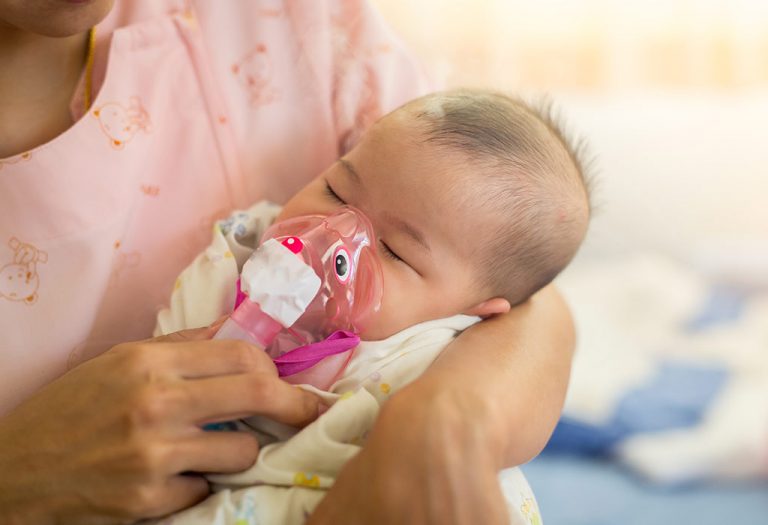
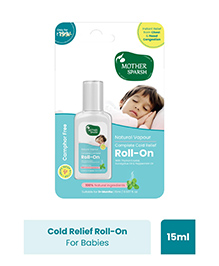
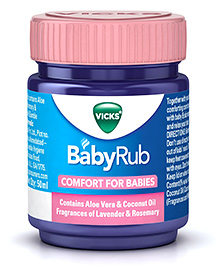
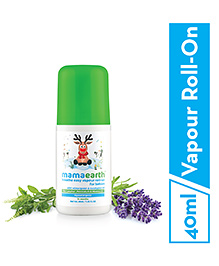

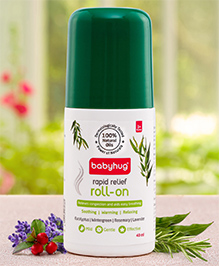

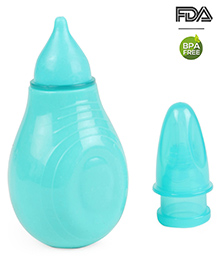
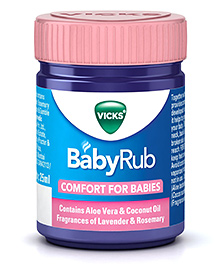

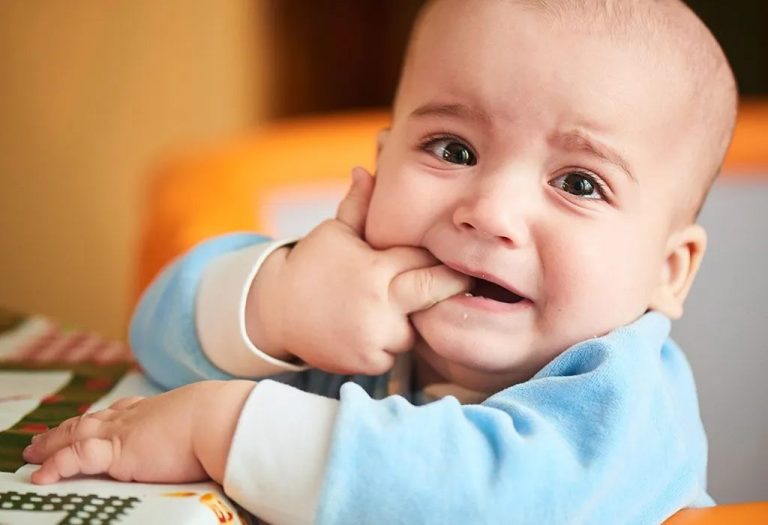
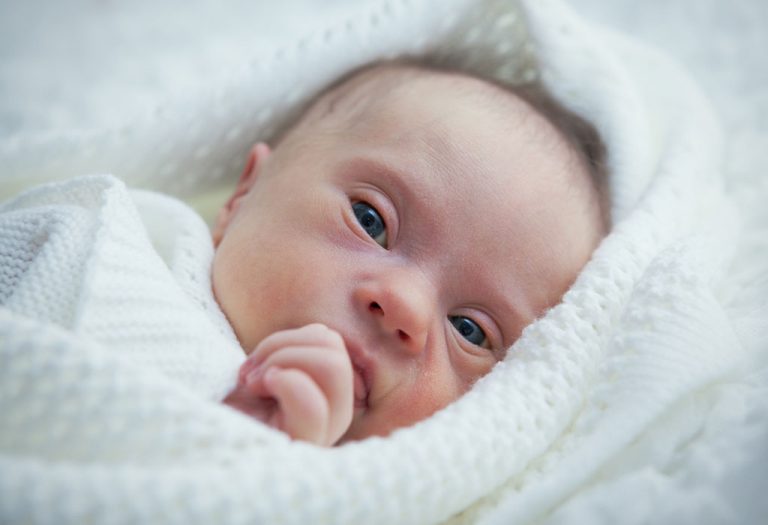
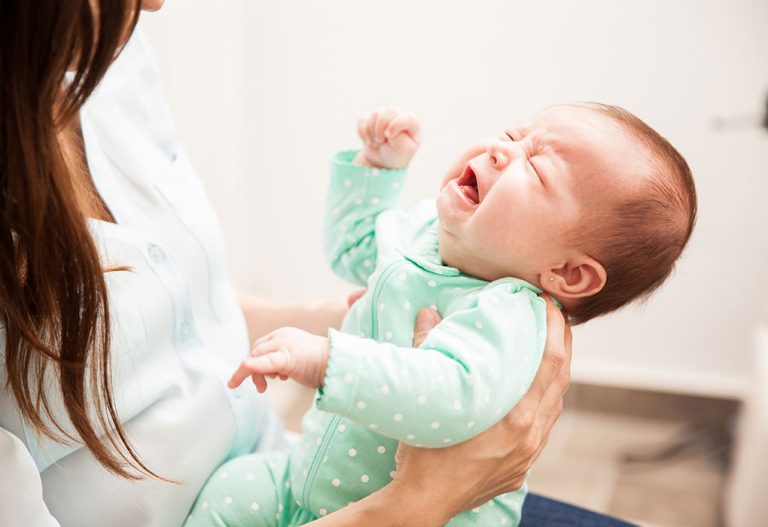
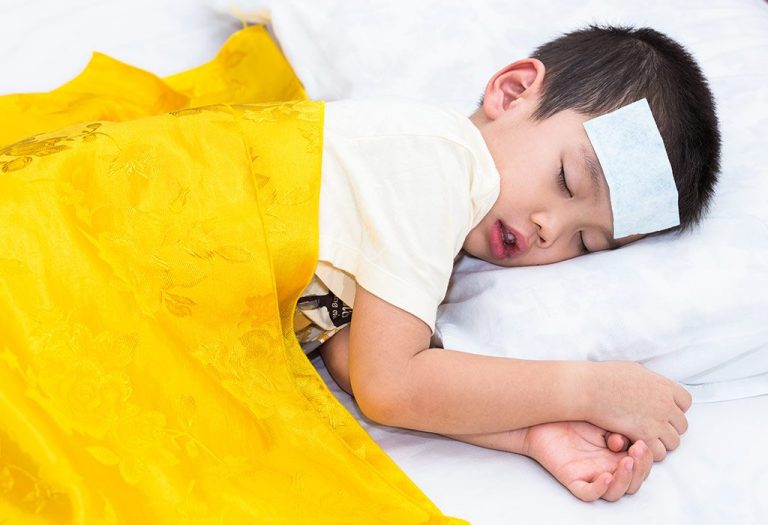
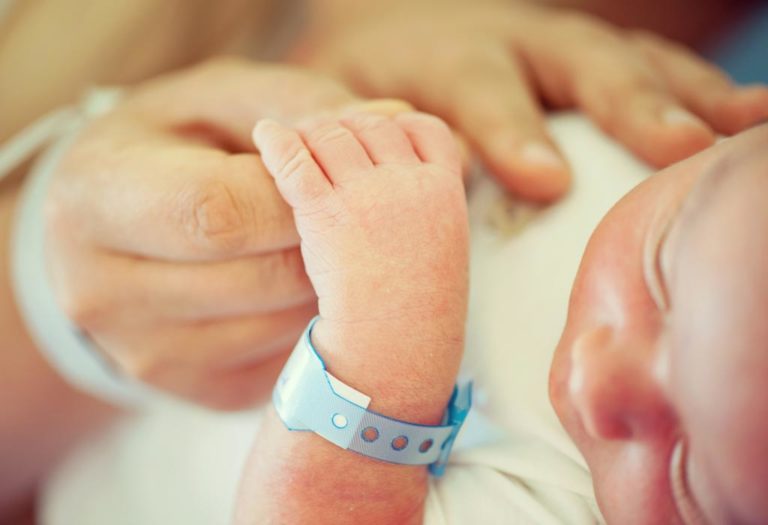
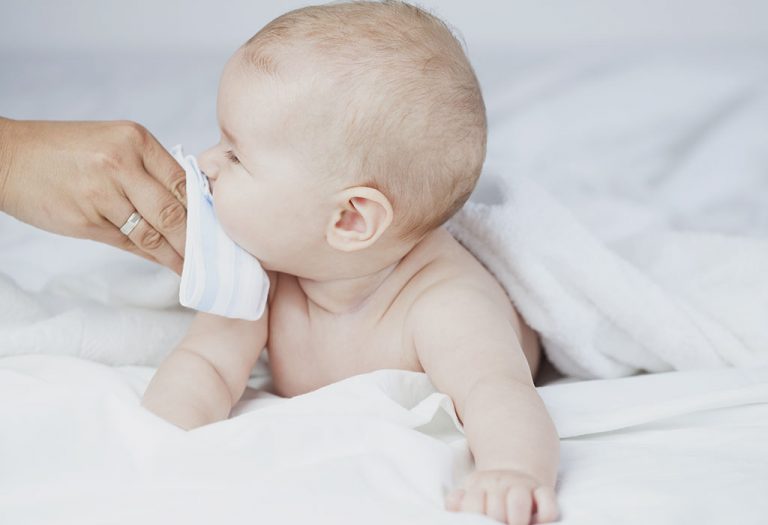

.svg)









